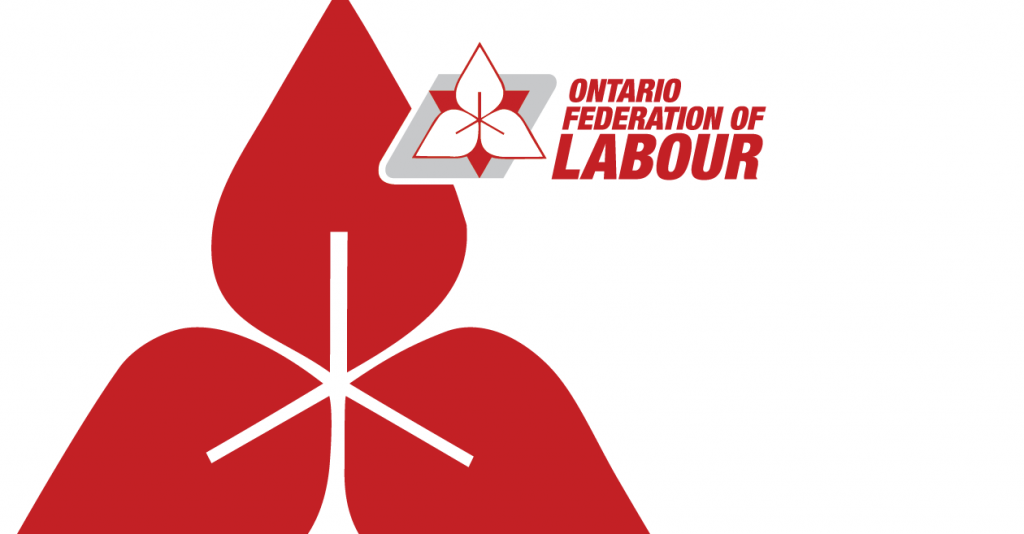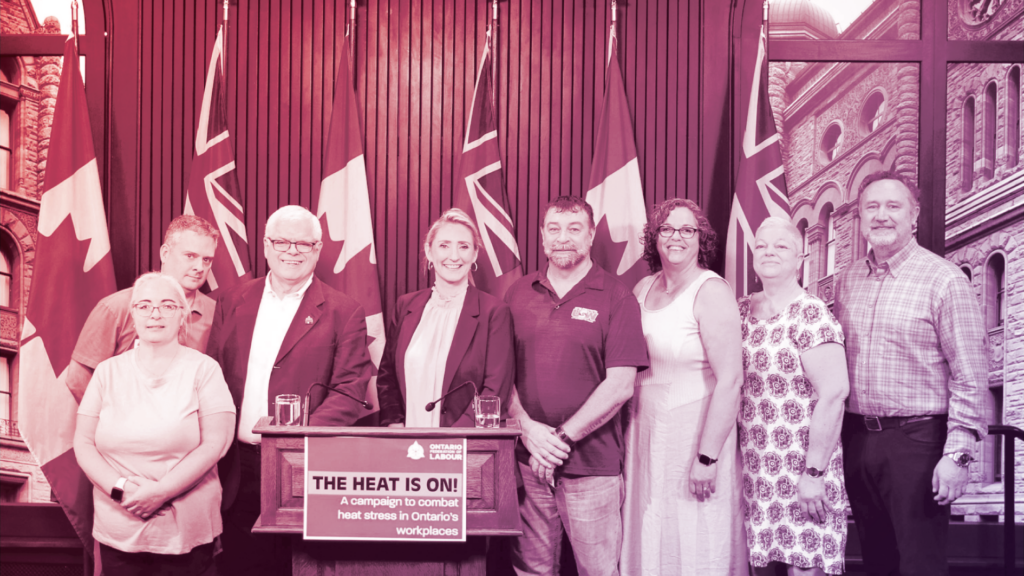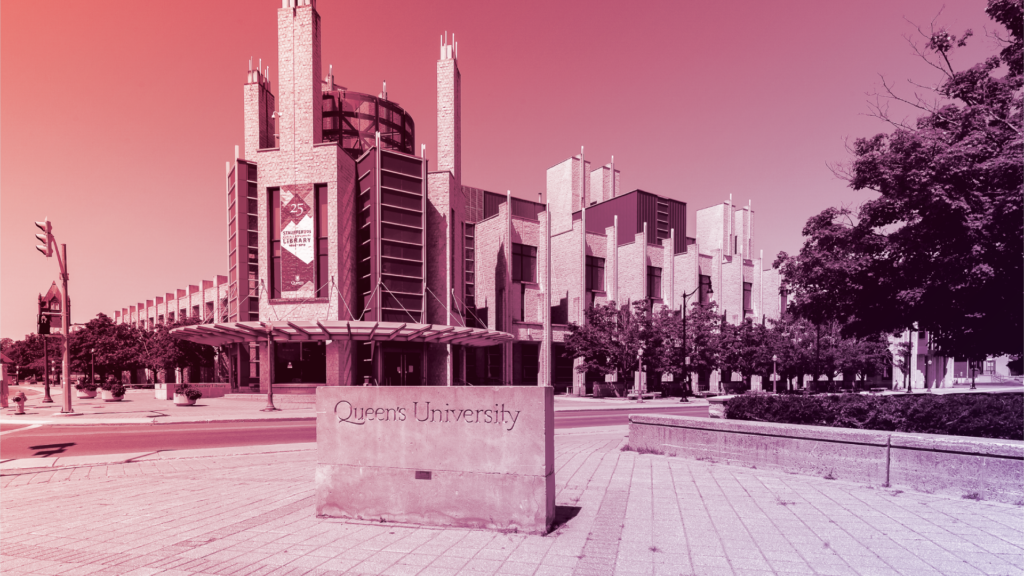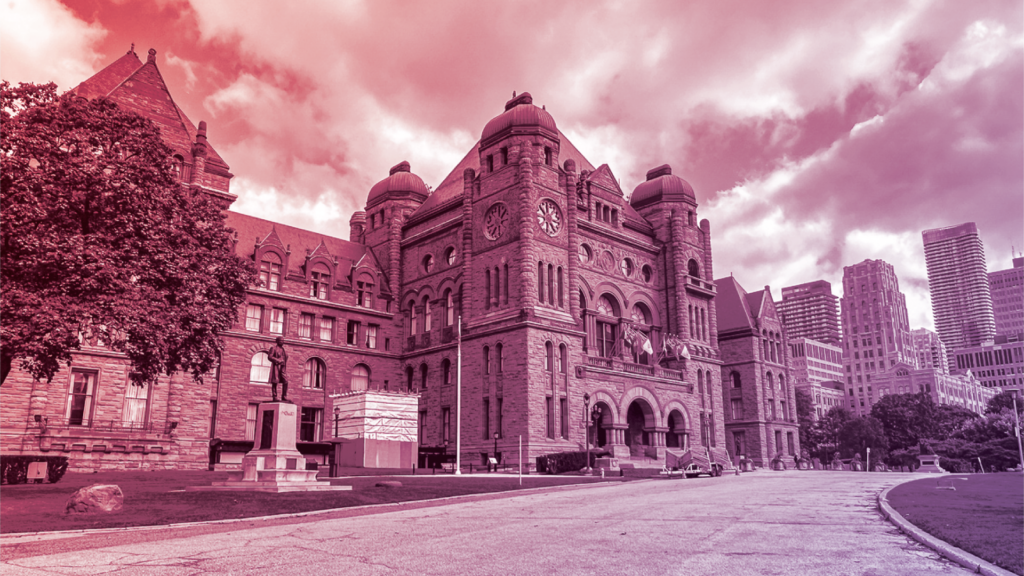
Dear Premier Ford,
Information is power. And in this case, that information will save lives.
While the government has now committed to integrating Ontario’s fragmented health care data system, the Ontario Federation of Labour (OFL) – in collaboration with the OFL’s First Nation, Metis and Inuit circle and Workers of Colour Committee – joins the Ontario NDP, labour unions, and community organizations, such as the Coalition of Black Trade Unionists (CBTU) Canada, and the Asian Canadian Labour Alliance (ACLA) in the continued call for the Government of Ontario to fund, collect, and publish provincial data on the impacts of COVID-19 on Indigenous, Black, and other racialized Ontarians.
The reality is that COVID-19 has not affected everyone equally. This is particularly true for Indigenous, Black, and other racialized people – even more so, when an intersectional equity lens is applied.
We know that this is the first service-driven economic downturn in history, and the service sector is dominated by women, racialized, and other equity-seeking workers. That is not to mention that it is the service sector that is largely characterized by insecure working conditions and experiences greater levels of unemployment. These labour market inequities then lead to several other social and economic inequities for racialized communities, including higher poverty rates, greater health risks, and lower quality housing.
COVID-19 has further exacerbated these realities – both inside and outside of the labour market. Communities of colour, for example, must now contend with continued restricted access to public services and infrastructure; an expanded burden of unpaid care and domestic work to compensate for the closure of schools, child care centres, and other social services; and health and safety concerns around maintaining physical distancing in contact-driven service industries.
New data released from the City of Toronto sheds further light on these concerns. It reveals that the Greater Toronto Area accounts for more than 65 per cent of Ontario’s cases – with the highest concentrations of COVID-19 cases recorded in neighbourhoods with higher proportions of low-income and racialized residents. It is unsurprising that income levels, access to housing, and employment conditions – including individuals working in sectors with increased risk of transmission – are key issues in areas with higher case numbers. And in turn, it is Indigenous, Black, and other racialized communities that experience a higher rate of COVID-19 cases as well as hospitalizations.
A just and equitable economic recovery plan must be built upon acknowledging and understanding that equity-seeking groups are disproportionately impacted by the economic, social, and physical harms of COVID-19. This begins by funding, collecting, and publicly releasing race-based data. This data will help to slow the current spread of COVID-19 by allowing the government to identify, monitor, and develop proactive strategies that address the impacts of COVID-19 on the most vulnerable communities. Furthermore, this information will be critical in terms of prevention planning and the development of socio-economic policy in the future.
To facilitate the collection of race-based data during the COVID-19 pandemic, the government must amend the following public health forms:
- the COVID-19 test requisition form;
- the forms used by public health units to detail and notify public health officials of those individuals who test positive; and
- the forms for the application and renewal of OHIP cards.
At a minimum, these forms must include standardized questions on race and ethnicity. The government must also meaningfully consult with Indigenous peoples by striking an Indigenous-led initiative to determine needed information as well as data governance and management for their communities.
Among other things, it is paramount that patients understand the importance of why this information is being collected and provide the public with resources that answer questions around data collection. Consultation with diverse communities can also be useful in determining options for data collection, analyses, linkages, and reporting – but more importantly, it can prevent unintended consequences, such as the further stigmatization of vulnerable populations.
It is also important that the government leverage existing socio-demographic data to disseminate information quickly and broadly to communities and health system partners to inform their COVID-19 responses. Given that age, sex, and postal code data is currently collected, deeper analyses can be conducted through linkages with other databases such as through the Census and other related indices. Please refer to the Wellesley Institute’s policy brief for more recommendations.
Furthermore, the OFL calls for an immediate end to the sharing of personal health information – including an individual’s COVID-19 status and all socio-demographic information related to one’s COVID-19 status – with law enforcement across Ontario. Currently, under the Emergency Management and Civil Protection Act, police have exceptional and unregulated powers to access personal health information, including COVID-19 status, address, name, and date of birth. We know that similar to the discriminatory practice of carding, this disproportionately affects Indigenous, Black, and other communities of colour.
Not only must the government immediately fund, collect, and publicly release race-based data, this information must then be linked to a meaningful and deliberate plan of action. These plans must be informed and endorsed by communities that are directly impacted and outline concrete measures from the government to immediately address any inequities or gaps that are identified.
The labour movement and our community allies look forward to engaging with the government on these steps.
Sincerely,
Patty Coates, President, Ontario Federation of Labour
Ahmad Gaied, Secretary-Treasurer, Ontario Federation of Labour
Janice Folk-Dawson, Executive Vice-President, Ontario Federation of Labour


